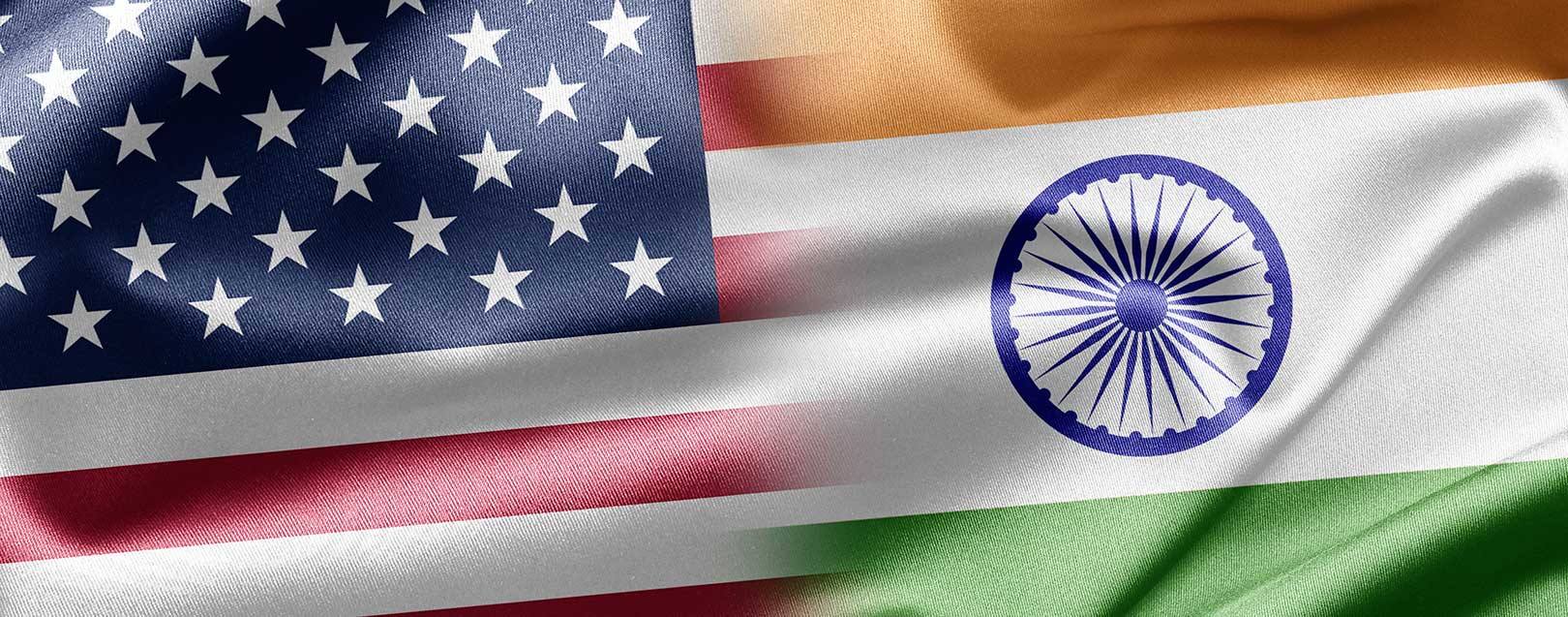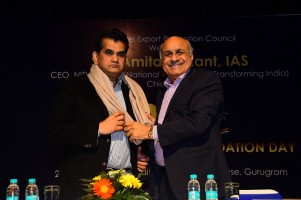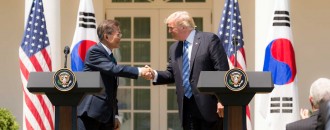
US Commerce Secretary talks of the possibility of India-US FTA
The Dollar Business Bureau
US Commerce Secretary Wilbur Ross, who recently met Indian Finance Minister Arun Jaitley, signaled that an India-US Free Trade Agreement (FTA) is not out of the question, even though no such negotiations have commenced.
“I don't believe that there have been any serious discussions with India of late on the topic of a free trade agreement. But there's no inherent negative attitude on our part on that,” Ross said in a press conference, about the view of President Donald Trump administration on the idea of an India-US FTA.
Currently, the US-India bilateral trade is governed by the mandate of WTO. No exclusive trade pact exists between the Western superpower and the Asian giant.
The 20 countries having FTA with the US are Australia, Israel, Bahrain, Jordan, Canada, Nicaragua, Chile, Moroccan,Colombia, Costa Rica, Honduras, Dominican Republic, El Salvador, Guatemala, South Korea, Mexico, Oman, Panama, Peru and Singapore.
Although no such proposal is on the table, Ross mentioned that the previous US administrations have also been open to the possibility.
However, the US and India, in reality, seem far from such a deal. For years, the US foreign policy document, including the one released by Trump this year, has condemned India's restrictive trade measures intended to protect the domestic industry.
On the other side, India has its hands full with a slew of orders being passed by President Trump to crack down on the H1-B visa programme. USA's $24 billion deficit with India has also been of urgent concern to Trump's administration.
During Obama's tenure as President, the two countries explored the possibility of a Bilateral Investment Treaty (BIT), which would enable cross border flow of technology, capital and people; mutually benefitting both the nations. The US-India Business Council is in favour of a successful negotiation of such a treaty.
The proposed free movement of economic resources would be advantageous to the businesses and industry in both the US and India, while also being helpful in reaching an agreement on long-standing issues such as IPR enforcement.




.jpg)

 to success.
to success.